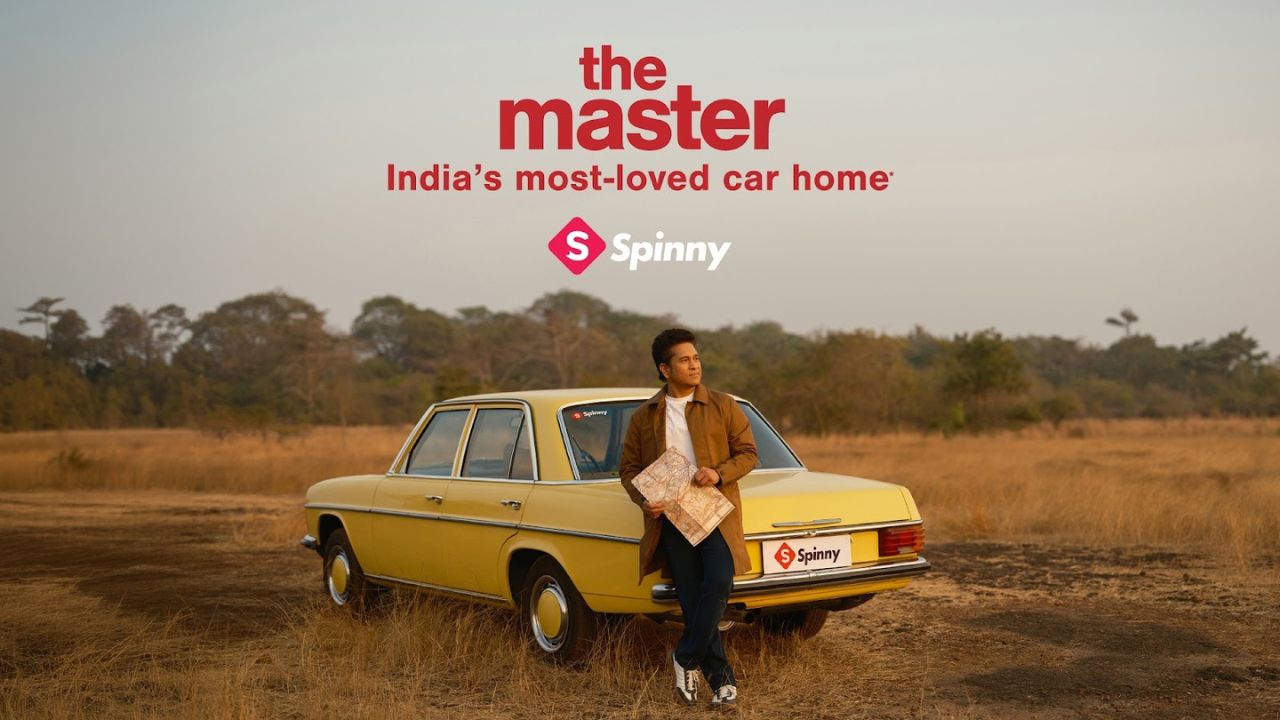There’s a fragment from the teachings of the ancient Greek philosopher Archilochus that was made famous by Isaiah Berlin that goes like this: “The fox knows many things, but the hedgehog knows one big thing.”
Berlin interpreted this to mean that that there were two main types of thinker: people who revel in the variety and multiplicity of the world (the ‘foxes’), and people whose thought is dominated by one big idea (the ‘hedgehogs’). Each type of thought has its plus points and famous names: Shakespeare and Aristotle are fantastic foxes; Plato and Darwin are hero hedgehogs. The principle can be applied usefully to Indian thought: the many-splendored insights of the Mahabharata compared to the ‘one big thing’ of the Upanishads. At a push, you might even be able to apply it to cricket: the foxy-like ingenuity of a Botham contrasted with the single-minded brilliance of a Tendulkar. Of course, not everything falls neatly into these boxes, a fact that Berlin himself recognized. The Russian writer Leo Tolstoy was an interesting anomaly: he as a fox who wanted to be a hedgehog.
The future, it would seem, belongs to the foxes. The internet is the single biggest gift to foxy thinking in human history. If you are interested in ‘many things’ then you can not only find them all on-line, but also remix and recreate them there too. This universal access to everything is creating a new digital culture where anything can be mashed up with anything else. Not just can, must: if it can’t be remixed or repurposed, there is something wrong with it. The success of viral campaigns depends on mashing up two ideas to start with, and then letting other people mash them up some more once they get hold of them.
And the foxes are bolstering their position legally and philosophically. The Creative Commons movement promotes open access to ‘content’ [sic] by rethinking copyright restrictions. Postmodernist literary theory has itself been remixed to form the idea of ‘recombinant creativity’, which says that all new ideas are made from the interesting juxtaposition of old ideas. Perhaps Matt Ridley has put it best in his new book The Rational Optimist when he says that our world and our brains grow when ‘ideas have sex’.
But there is a sense in Archilochus’ fragment that the hedgehogs have the upper hand. After all, how many foxes do you know that subsist on a diet of hedgehogs? And the proof of their spiky superiority comes from the foxiest company of them all.
Google ‘knows many things’. It’s constantly trying out new things, constantly uncovering new thoughts and business opportunities. Yet it also knows ones ‘one big thing’. In their mission statement they say ‘[i]t’s best to do one thing really, really well.’ And what is that one thing? ‘We do search’.
And if you look at their company, and what it’s actually good at, it’s search. It’s just that they do their ‘one big thing’ in many ways. They started off helping people find webpages, but then went to helping people find businesses, and then helped those businesses find customers (Google ads and AdWords). Next up was helping people find books (Google Scholar), and then locations (Google Maps) and then video (YouTube) and so on. Their few flops (Wave, Knol, Buzz) have all been outside of their core competence of search. They should be commended for trying new things, but they should also realize that they’re the opposite of Tolstoy: they are hedgehogs who want to be foxes.
On this basis, I would urge all marketers to find their inner hedgehog. For starters, it’s easier to remember ‘one big thing’ than ‘many things’. But there’s more to it than that: knowing your one big thing allows you to act on your one big thing. If you know who you are, you also know how to act. As Hopkins has it ‘what I do is me, for that I came’.
This sense of purpose in the ‘one big thing’ is ultimately the reason why hedgehogs don’t get eaten by foxes. The foxes can have a lot of fun creating their chimera, but there’s always a danger that they end up sounding superficial and banal. New ideas are created from old ideas? Jeez, thanks for pointing that one out, guys. What’s interesting is the intention of the new ideas, what they allow you to do, what they are for. After all, what matter is not where you take the ideas from, it’s where you take them to.




